|
‘To the victims of violence and betrayal, in the hope of an enduring peace.’ (Willy Brandt) Angelika gave me a gift this year of a shiny German 2 Euro coin. It was minted in 2020 to commemorate 50 years since West German Chancellor Willy Brand’s legendary ‘Kniefall’. I had heard of Willy Brandt but, I must confess, not the act that has, since, gripped my imagination. The German word Kniefall means, quite literally, to fall to one’s knees. I’m especially indebted to Valentin Rauer’s exceptional social-psychological study, Symbols in Action (2009), of what took place in that extraordinary moment in world history. I’m curious about what it meant and what made it so powerful. Brandt visited Warsaw in Poland, 25 years since the end of World War 2, on a mission to seek post-war reconciliation. Poland, including its Jewish population, had suffered horrific genocidal brutality at the hands of the Nazis. At the Monument to the Heroes of the Jewish Ghetto Uprising (against their Nazi oppressors in 1943), with a crowd of media reporters watching, Brandt suddenly and unexpectedly fell to his knees. He stayed there, in silence, as those around him looked on in amazement. It was an astonishing example of an action speaking far louder than words. At a political level Brandt, as Chancellor, represented West Germany. At a personal level, during the war, Brandt had been an anti-Nazi activist. The imagery of Brandt’s Kniefall, as an act of penitent humility that acknowledges guilt and seeks ‘forgiveness for an unforgivable past’ (Rauch), resonated deeply in a prevailing Christian culture. The symbolism of ‘the innocent (who) takes up the burden of the collective’s sin, thus redeeming the nation’ (Rauer) reflected Jesus Christ’s death on the cross. Brandt was in the square from which Jews were deported to concentration camps. For me, the most striking and moving dimension of this event was Brandt’s own reflection on the spontaneity and authenticity of his act: ‘Faced with the abyss of German history and the burden of the millions who had been murdered, I did what people do when words fail us.’ It paints the picture of a human being, beyond the public trappings of a politician, who allowed himself to feel empathy and brokenness, to take undefended responsibility and to reach out in peace. It transformed the trajectory of Cold War politics then. How desperately we need leaders like that now.
14 Comments
‘The international arms trade is in direct opposition to efforts to protect and pursue the health of our world and its inhabitants.’ (MedAct) When Jesus Christ was born, if he had been given the projected world armaments spend for this year alone – I have to sit down as I write this: he could have spent US$ 2,708,578 every… single… day... from then until now. And, whilst on the topic of Jesus, a good friend has a satirical sticker across the rear windscreen of her campervan that reads, ‘Who would Jesus bomb?’ The simple answer is, ‘Nobody’. He was far too concerned with bringing good news to the poor, vulnerable and oppressed. Bottom line: weapons didn’t feature on his bottom line. Yet here today we see world leaders striding confidently onto stages, adorned with flags and symbols, making elegant speeches and pointing accusing fingers at one another across starkly-divided world maps. Everyone is firmly committed to the, ‘I’m OK, You’re Not OK’ creed and absolutely convinced by the rightness of their own cause. The platform rhetoric is powerful, existential, and ramps up the ante. It’s a dangerous zero-sum, do-or-die game in which we could all – quite literally – obliterate the world in a quest to, allegedly, save the world. Meanwhile, I see children in the Philippines this week who live in dire poverty, sleeping in rags on hard ground. There are countless millions across the world living like this, with barely enough to survive let alone thrive. Scraps of food and no access to safe water, sanitation, healthcare or education. US$ 2,708,578. So, Jesus again – ‘Reach out to your enemies.’ We could try this: ‘We’ve all made a real mess of this. We’re partly to blame and we’re sorry for the part we played in how we got here. We want to work with you to co-create a very different future.' Everything is at stake. ‘When the bombs were falling like rain, Jennie stayed here with us.’ As a leader in international NGO, Tearfund, Jennie had always struck me as a quiet and unassuming person. We visited community rebuilding initiatives together in Lebanon just after the harsh and brutal civil war. Amidst shattered buildings, lives broken by sectarian conflict, aerial bombardment of the Beirut power station (just as we arrived) and Syrian ‘peacekeeping’ troops everywhere, we met with Christian leaders who recounted countless stories of heartache and hope. One of the things that struck me most was their deep reverence and respect for Jennie. Whenever she spoke, they listened with profound attention. Curious about this, I asked one of the leaders about it afterwards. He replied, ‘During the war, most NGOs withdrew because it became too dangerous for them to stay. Jennie was different. She refused to abandon us. When the bombs were falling like rain and we had nowhere else to run to or hide, Jennie stayed here with us.’ I felt completely speechless, humbled and amazed. I imagined myself in that same situation: how I would almost certainly have fled for my own safety – and have found or created very good reasons to justify myself for doing so. Yet what an impact now. The leadership and influence that Jennie was able to bring to this work by having been-with; not based on any hierarchical status, power or authority she held, but on a deep and incarnational, presence, relationship and trust. ‘Instead of singing the same song in different ways, we need to learn to sing a new song.’ (Nancy Akanbombire) I took part in a fascinating international webinar this afternoon organised by INTRAC: ‘Shifting the Power through Organisation Development’. It called for fundamental shifts in the ways in which we perceive ourselves, others and our work, particularly as consultants engaged with civil society and civil society organisations (CSOs) throughout the world. It also challenged us to examine our stance and approach by applying critical reflection and critical reflexivity to our relationships and practice. Underlying values of humility, courage, curiosity, engagement and co-creation shone throughout. The overriding theme, which extends well beyond organisation development (OD) and our work with CSOs, was how to make a paradigm shift that enables sustainable transformation. This is a big question and one that we now face urgently in so many different contexts globally. Our tried-and-tested ways of thinking about, construing and addressing situations are somehow leading us into disaster after disaster – and the stakes couldn’t be higher. This ought to be raising some serious red flags, not just Ukrainian flags: and the fact that it isn’t should be cautioning us to think very hard. Take, for instance, the devastating war in Ukraine that risks disastrous consequences for the lowest-income countries where fuel, energy and food security are already at crisis point, yet our gaze is fixed on Europe. Take the climate emergency that still threatens to kill the entire world, yet captures our attention for a brief moment then slips back to the fringe. Take the on-going Covid crisis with risks of a variant emerging from anywhere that could wipe out all of humanity, yet only 1% of people in the poorest countries have yet been vaccinated. What powers and vested interests lay hidden here? I raised a red flag with some friends this week: ‘Why are we putting up Ukrainian flags everywhere, and not Russian flags?’ The response was instinctive and immediate: ‘Firstly, we want so show solidarity with Ukraine that is on the receiving end of a brutal and unjustified attack by Russia. Secondly, if we put up Russian flags, it would look like we’re supporting Putin.’ I get it. So, I asked a second question: ‘So what about showing solidarity too with the Russian people who are proud to be Russian, who are horrified by Putin’s war and who are also suffering terribly for showing dissent?’ The room fell silent. Now, a third question: ‘This war - how did we get here?’ Again, an instinctive response: ‘Russia’s aggression.’ The Russian military is aggressive in Ukraine, and the Russian police is aggressive in Russia. Yet that’s an answer to a different question. ‘Do you think NATO expansion to Russia’s borders could have been an influencing factor?’ One frustrated person came straight back at me angrily: ‘You’re acting like a spokesperson for the Kremlin.’ I had touched on a nerve, a boundary: what is acceptable to think, what I’m allowed to ask. Yet this itself is the real learning edge. So – why do we shrink back? Why do we allow simplistic answers, binary narratives and biased judgements to so easily dominate our discourse; and why do we work so hard to defend them? Why is implicit or explicit silencing so prevalent, including in democratic societies that depend on critical debate as a core value, learning opportunity and safeguarding mechanism? The scale and complexity of the issues we face can evoke anxiety, and to face the fear can feel threatening. We retreat to where it feel familiar and safe: where red flags are torn down – and that could be our undoing. Turn on the TV and you will see heart-breaking scenes of streams of desperate people, frightened, shell-shocked and displaced by war, fleeing within Ukraine or escaping across crowded borders into neighbouring countries. It’s a tragic and all-too-familiar scene. Not that long ago, we witnessed similar images of dispossessed and traumatised people, at that time clinging together in crowded boats or walking on long roads, trying to reach safety away from the ravages of a brutal war in Syria. It's tempting, in such circumstances, to compare and contrast. Why, for instance, is Poland throwing its doors wide open to Ukrainian refugees whereas it was decidedly reluctant to do so for Syrian refugees? Is this evidence of endemic racism? It is because Ukrainians are white, because they ‘look like us?’ – as more than one TV reporter asked this week. These are important questions... and they also risk pitching one set of refugees against another, as if competing for empathy and support. I’ve had the personal privilege of working in the UK alongside asylum-seekers and refugees from countries as diverse as Afghanistan, China, Congo, Egypt, El Salvador, Eritrea, Honduras, Iran, Iraq, Kurdistan, Mali, Mexico, Somalia, Sudan, Syria, Turkey, Vietnam and Yemen. Up-close, every person is unique, has a name, and carries his or her own lived experience, his or her own individual story. Step back, and we can discern patterns shaped by e.g. culture, history, language, narrative and geopolitics. In some significant respects, I believe European public discourse concerning the Ukrainian refugee situation is different to that in 2015. Geopolitical factors include: Ukraine borders directly with Europe, vs Syria lays at a geographical distance; Ukraine is perceived primarily as an invasion by a foreign power, vs Syria was viewed primarily as a civil war; Ukraine is perceived in simple terms as a ‘hero’ against a ‘villain’, vs Syria was perceived as a complex conflict between multiple ‘villains’. Cultural factors include: Ukrainian refugees are perceived as culturally- and pro-European, vs asylum-seekers in 2015 who came from a diverse range of countries and cultures – often perceived as hostile to European liberal values and cultures; Ukrainian refugees are primarily women and children and, therefore, considered most-vulnerable and least-threatening, vs asylum-seekers in 2015 were perceived as primarily men and, therefore, considered least-vulnerable and most-threatening. If we are willing to pause and reflect openly, honestly and critically, we can see that the stance we take reveals all kinds of underlying personal and cultural beliefs, values, assumptions and biases – including whom we consider worthy, or not, and why. The media plays a very powerful role since most of what we believe and think we know about asylum-seekers and refugees is mediated via media. The ‘news’ is a blend of info and drama, with an agenda. Let’s not fan the flames of a refugee war. (For further reading in this area, see: Alexander Betts & Paul Collier, Refuge: Transforming a Broken Refugee System (2018)) ‘Truth is the first casualty of war, they say. In fact, it’s more often freedom and reason.’ (Brendan O’Neill) I was wrong. I didn’t imagine that Russia would actually launch a full-scale assault on Ukraine. I felt sick, shocked and dismayed as the news unfolded this week. I can only imagine how it must feel for Ukrainians to find their country under attack and for Russians to discover their country has started a war. I felt near-despair too as I listened to rhetoric in the UK Parliament and media in the immediate wake of the invasion, denouncing neo-fascist Russian nationalism and imperialism whilst, at the same time, silencing any voices of dissent here with words like ‘appeasement’ and ‘treason’. There are insights from various psychological fields that can help us, yet we know from arenas such as cognitive and human givens therapies that our receptivity and ability to reason is impacted profoundly when overwhelmed by feeling. Emotions like anger, resentment and fear are running high at the moment; and understandably so because this crisis and all that it could mean are very real and being experienced by real people, families and communities here-and-now – and that makes it hard to think clearly. Yet we must think, and pray, and act with wisdom, and quickly. I can only guess what’s in Putin’s mind. The geopolitical dimensions to this conflict are complex and well beyond my ability to know or understand. I can, however, speak as a citizen or the West. I spent many years working closely with an anti-Nazi activist in Germany. I learned that we need to pay very careful attention to the conditions in which otherwise insane decisions will appear and feel rational. Hitler and the Nazis were supported and elected in Germany by many with great enthusiasm against a specific contextual backdrop: in Gestalt psychology, the ‘ground’ that gives rise to a ‘figure’. The ’ground’ out of which the current crisis has developed is very complex indeed. It includes: a long cultural history in Russia of autocratic leadership; the brutal and devastating Nazi invasion of the Soviet Union from (geographically) the West; a loss of Russian power and self-esteem following the collapse of the Soviet Union; the subsequent expansion of the NATO military alliance eastwards towards Russia’s borders; the expansion of the EU economic block eastwards to (potentially) incorporate Ukraine; a corresponding and growing sense of vulnerability and resentment in Russia. Does this suggest that the West has somehow caused the war in Ukraine? No. Correlation of these factors does not mean causation. Putin has made his own decisions. Does it suggest that the West has contributed to creating the conditions under which Putin’s decision became more likely? That’s a question I believe, in the midst of our justifiable outrage at Russia’s unjustifiable actions, we would do well to consider with prayer, humility and critical reflexivity. We stand at the edge of a dangerous precipice and, to move forward, we need very different thinking to that which brought us here. |
Nick WrightI'm a psychological coach, trainer and OD consultant. Curious to discover how can I help you? Get in touch! Like what you read? Simply enter your email address below to receive regular blog updates!
|
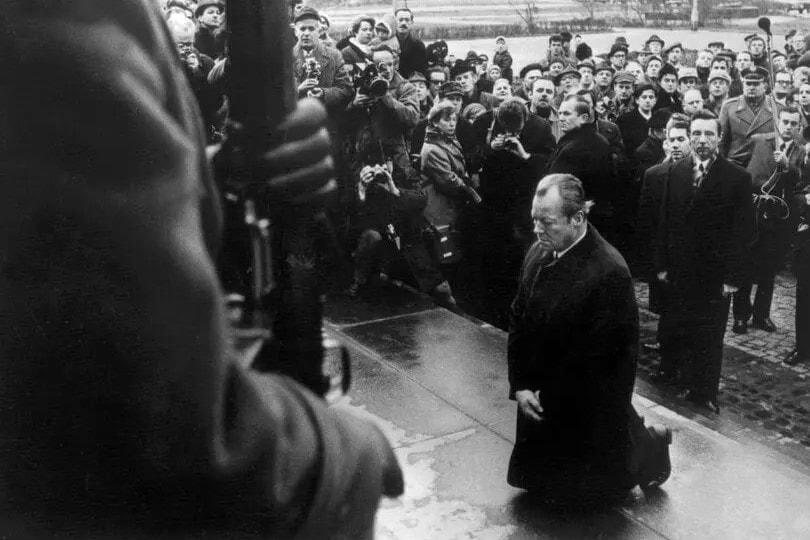
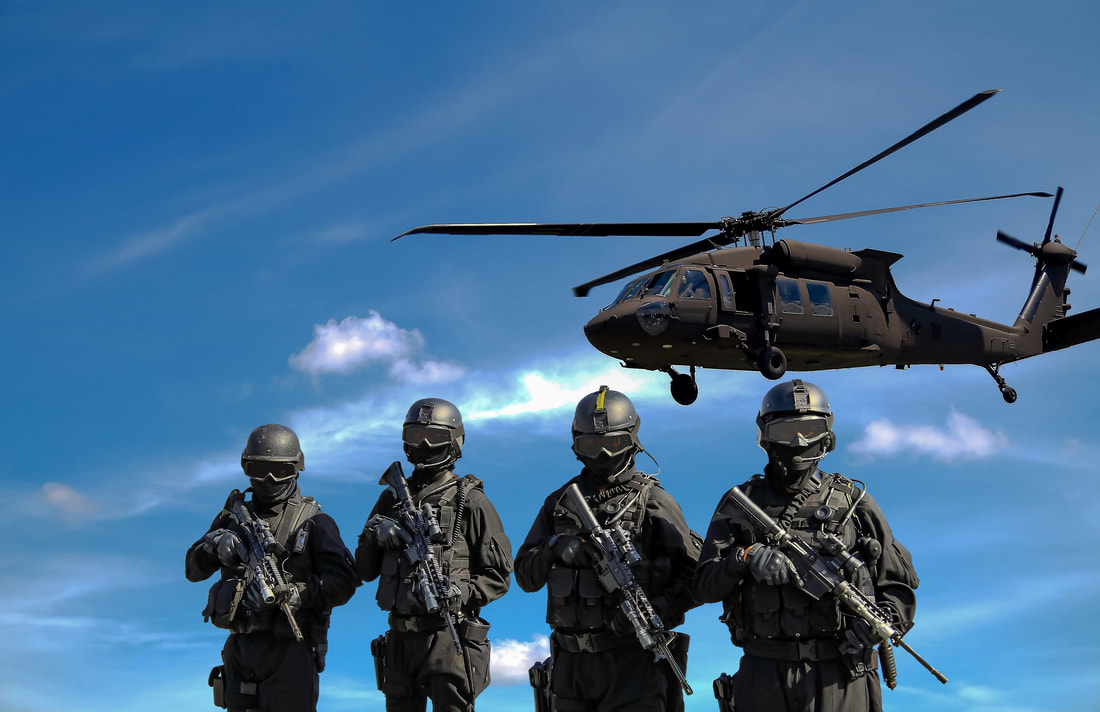
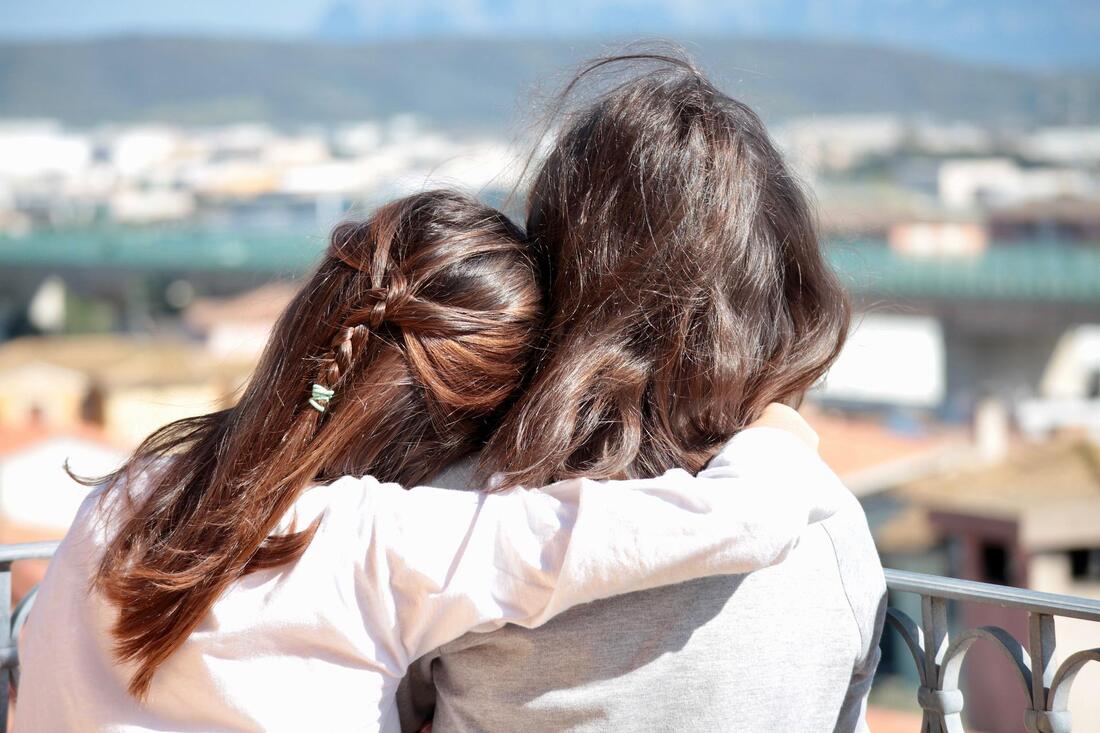
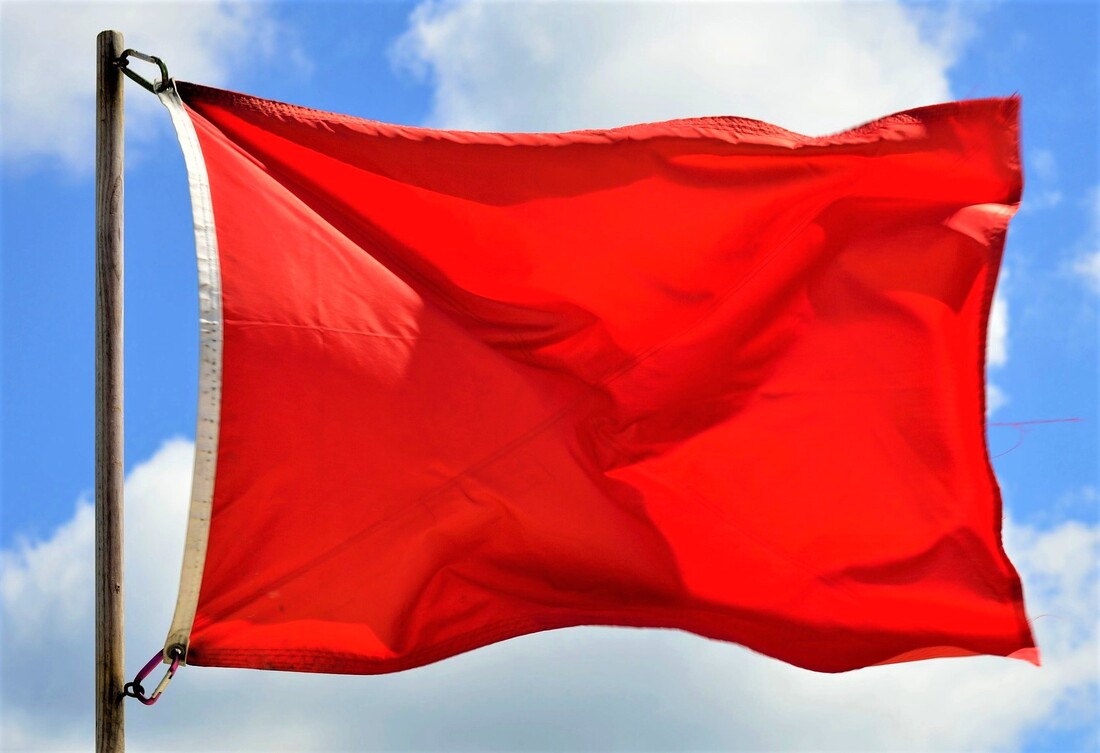
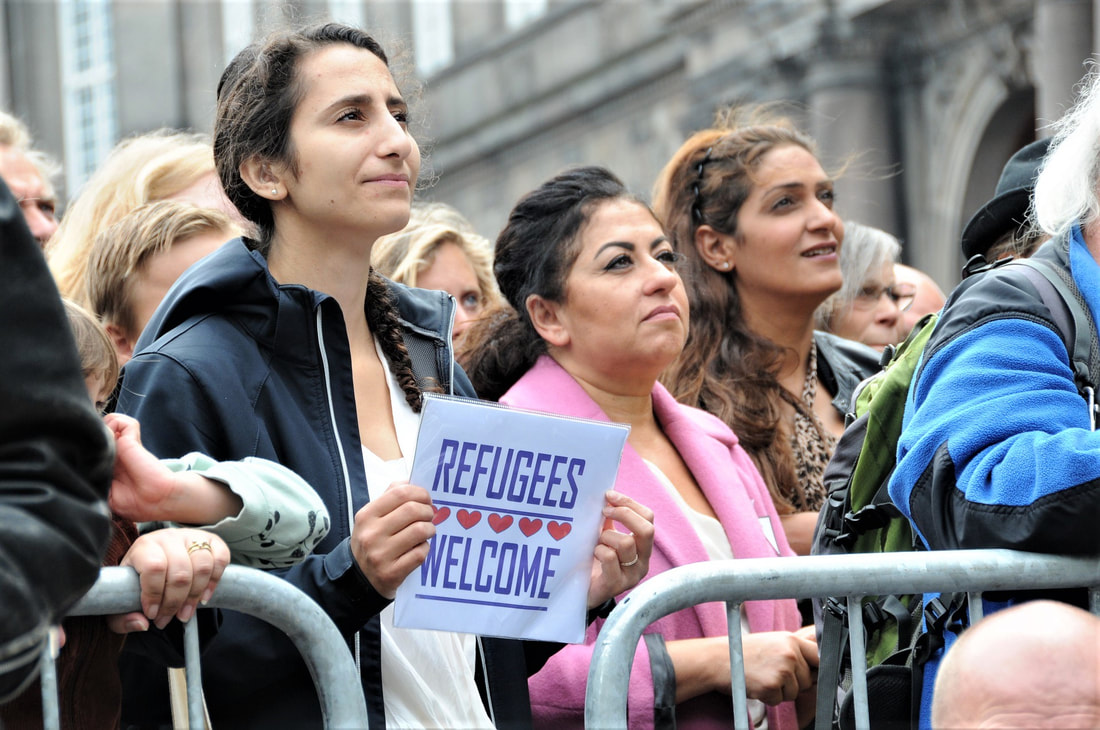
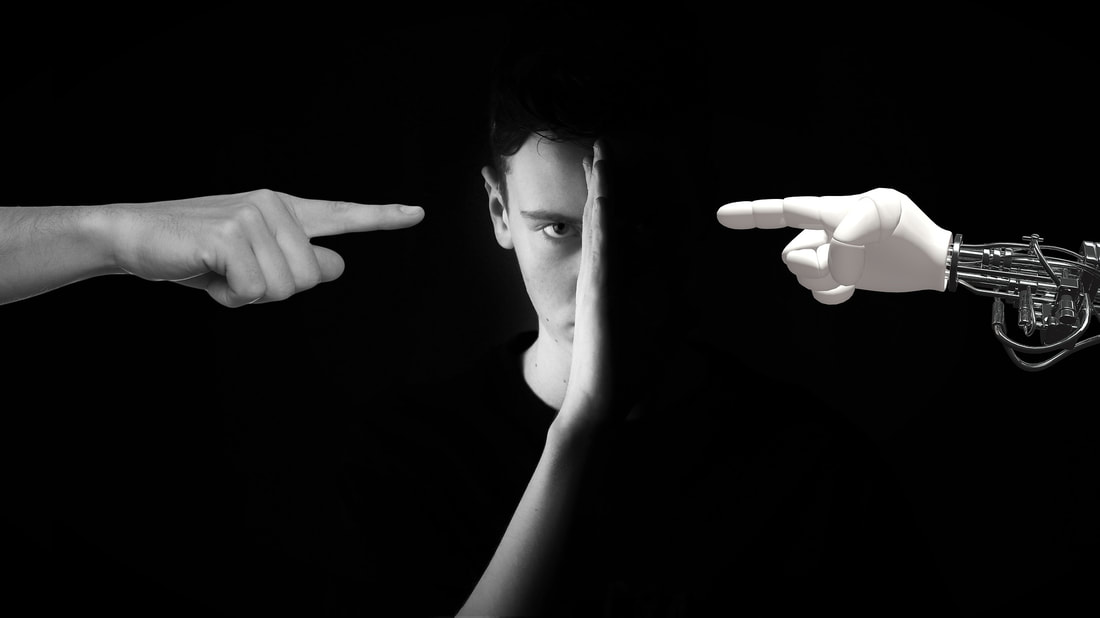



 RSS Feed
RSS Feed